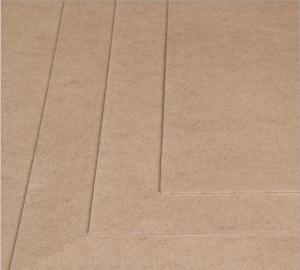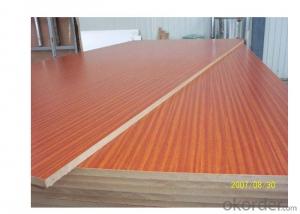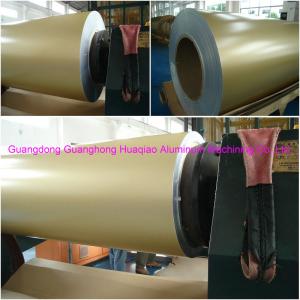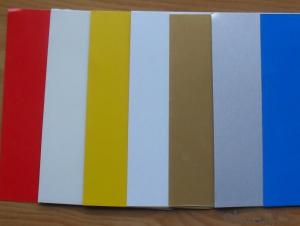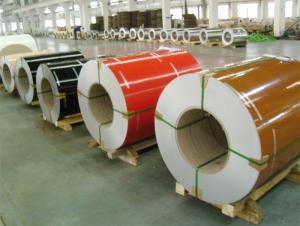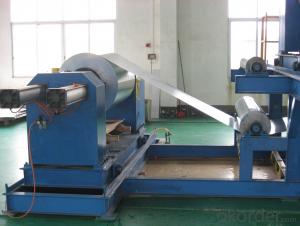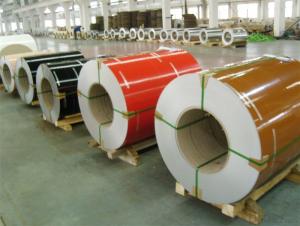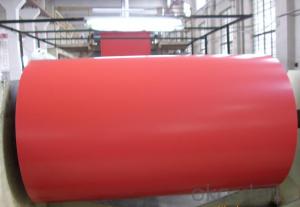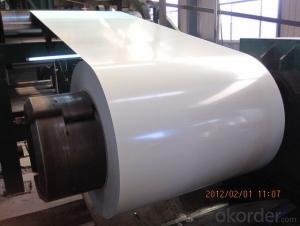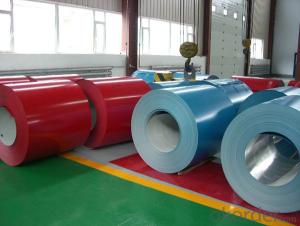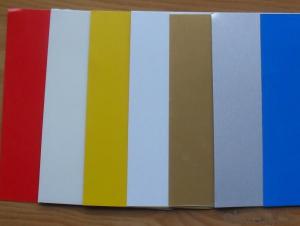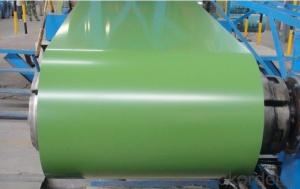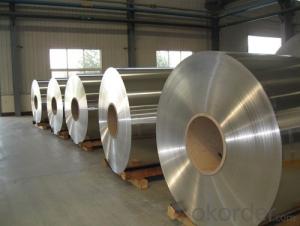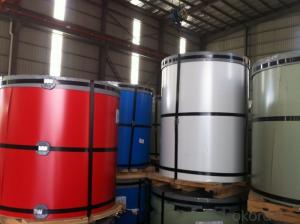Color Coated Aluminum Coil
Color Coated Aluminum Coil Related Searches
Led Light Bulbs For Ceiling Fixtures Shiny Or Dull Side Of Aluminum Foil For Cooking Decorative Ceiling Plate For Light Fixture 42 In Ceiling Fan With Light Ceiling Plate For Hanging Light Aluminum Foil For Ceiling Hole Saw For Aluminum Plate Aluminum Tread Plate For Trailer Bow Plate For Aluminum Boat Aluminum Foil For Grow RoomHot Searches
Stock Price For Aluminum Aluminum Coil Stock For Sale Aluminum Gutter Coil For Sale Used Aluminum Scaffolding For Sale 1/4 Aluminum Plate For Sale Aluminum Bar Stock For Sale Aluminum Round Stock For Sale Aluminum Diamond Plate For Sale Aluminum Scaffolding For Sale Craigslist 6061 Aluminum Plate For Sale Aluminum Dock Plate For Sale 7075 Aluminum Plate For Sale Aluminum Tread Plate For Sale Aluminum Checker Plate For Sale Aluminum Plate For Sale Near Me Plate Aluminum For Sale Aluminum Plate For Sale Aluminum Square Stock For Sale Aluminum Flat Stock For Sale Billet Aluminum Stock For SaleColor Coated Aluminum Coil Supplier & Manufacturer from China
Okorder.com is a professional Color Coated Aluminum Coil supplier & manufacturer, offers integrated one-stop services including real-time quoting and online cargo tracking. We are funded by CNBM Group, a Fortune 500 enterprise and the largest Color Coated Aluminum Coil firm in China.Hot Products
FAQ
- Yes, aluminum coils can be used in low-friction applications. Aluminum is a lightweight and corrosion-resistant material that has excellent thermal conductivity. These properties make it suitable for various applications where low-friction is desired. In industries such as automotive, aerospace, and HVAC systems, aluminum coils are often used in heat exchangers, evaporators, condensers, and cooling coils. These coils are designed to efficiently transfer heat, while minimizing friction and energy loss. Additionally, aluminum coils can be used in electrical motors, generators, and transformers, where low friction is essential for smooth operation and reduced energy consumption. The lightweight nature of aluminum also helps to reduce the overall weight of the system, leading to improved efficiency. Furthermore, aluminum coils can be utilized in various types of machinery and equipment that require low friction, such as conveyor systems, sliding mechanisms, and bearings. Aluminum's low coefficient of friction allows for smooth and efficient movement, minimizing wear and tear on the components. Overall, aluminum coils are a versatile solution for low-friction applications due to their lightweight, corrosion-resistant, and thermally conductive properties. Their use can lead to improved energy efficiency, reduced maintenance costs, and enhanced performance in a wide range of industries.
- Aluminum coils are tested for quality assurance through various methods and parameters to ensure their compliance with industry standards and customer requirements. One of the most common tests performed on aluminum coils is the dimensional inspection, where the dimensions and tolerances of the coils are measured and compared with the specifications. This ensures that the coils are manufactured within the required size and shape. Another important aspect of quality assurance testing is the evaluation of the mechanical properties of the aluminum coils. This includes tests such as tensile strength, yield strength, elongation, and hardness. These tests determine the strength and durability of the coils, ensuring that they can withstand the intended applications and environments. To assess the surface quality of the aluminum coils, visual inspection and non-destructive testing methods are employed. Visual inspection involves examining the coils for any visual defects, such as scratches, dents, or surface irregularities. Non-destructive testing techniques, such as ultrasonic testing or eddy current testing, are used to detect any hidden defects or flaws within the coils. Furthermore, chemical analysis is conducted to determine the composition and purity of the aluminum coils. This is vital to ensure that the coils meet the required chemical composition standards, as impurities can affect their performance and integrity. Additionally, corrosion resistance testing is performed to evaluate the ability of the aluminum coils to withstand corrosion in different environments. This is crucial, especially for applications where the coils will be exposed to harsh conditions or corrosive substances. Overall, the quality assurance testing of aluminum coils involves a combination of physical, mechanical, visual, and chemical evaluations. These tests are conducted at different stages of the manufacturing process to ensure that the coils meet the highest quality standards and provide reliable performance in their intended applications.
- Indeed, automotive wheels can incorporate aluminum coils. The lightweight and corrosion-resistant nature of aluminum makes it a favored material choice for wheel manufacturing. By shaping and molding aluminum coils, one can achieve the desired wheel design, ensuring both sturdiness and endurance, while simultaneously diminishing the vehicle's overall weight. Moreover, aluminum wheels facilitate superior heat dispersion, thereby enhancing braking capabilities. Consequently, opting for aluminum coils proves to be a fitting choice when producing automotive wheels.
- Yes, aluminum coils can be coated with protective films. These films provide a layer of protection against scratches, corrosion, and other damage, helping to prolong the lifespan and enhance the appearance of the aluminum coils.
- Yes, aluminum coils can be used in the production of beverage cans. Aluminum coils are commonly used because aluminum is lightweight, corrosion-resistant, and recyclable, making it an ideal material for beverage cans. The coils are typically formed into can bodies and lids, which are then further processed to create the final beverage cans.
- What happened to the aluminum coil coming out of the annealing furnace?
- There is oil on the aluminum coil and the annealing time is too long.
- I read the back of my deodorant and it said that it contains 14% Aluminum. Is that harmful for my baby?
- Yes! Anything that goes into your body goes into the babies! It's a very toxic element, much like mercury. It can cause many forms of cancer, but for women, mainly breast cancer.
- Consider the following ionization energies for aluminum:Al(g) → Al+(g) + eI1 = 580 kJ/molAl+(g) → Al2+(g) + eI2 = 1815 kJ/molAl2+(g) → Al3+(g) + eI3 = 2740 kJ/molAl3+(g) → Al4+(g) + eI4 = 11,600 kJ/mol A) Account for the trend in the values of the ionization energies.B) Explain the large increase between I3 and I4.
- Iron is the main properly-known steel interior the earth. Carbon ought to have the utmost first ionization skill. it rather is considering is going to be the main resultant to resign / take one greater electron. Bromine is so on the brink of being a noble gas it is going to effortlessly income an electron to try this, for that reason it could have a low first ionization skill. the backside electronegative is interior the decrease left nook of the periodic table. It is going to the utmost as much as the better precise of the periodic table. for that reason l. a. could have the backside electronegative.

